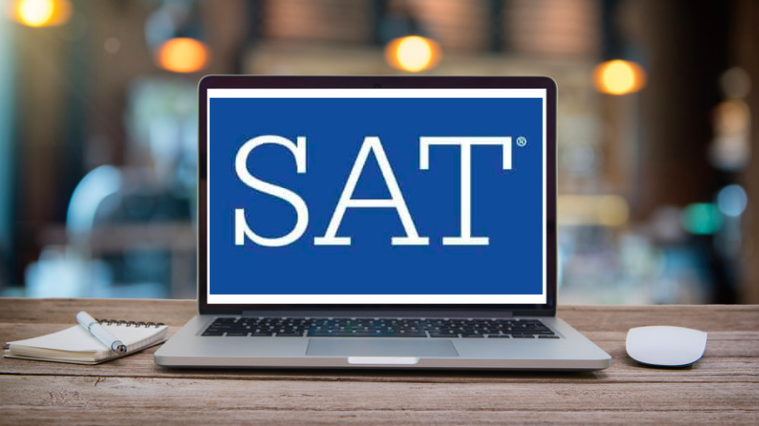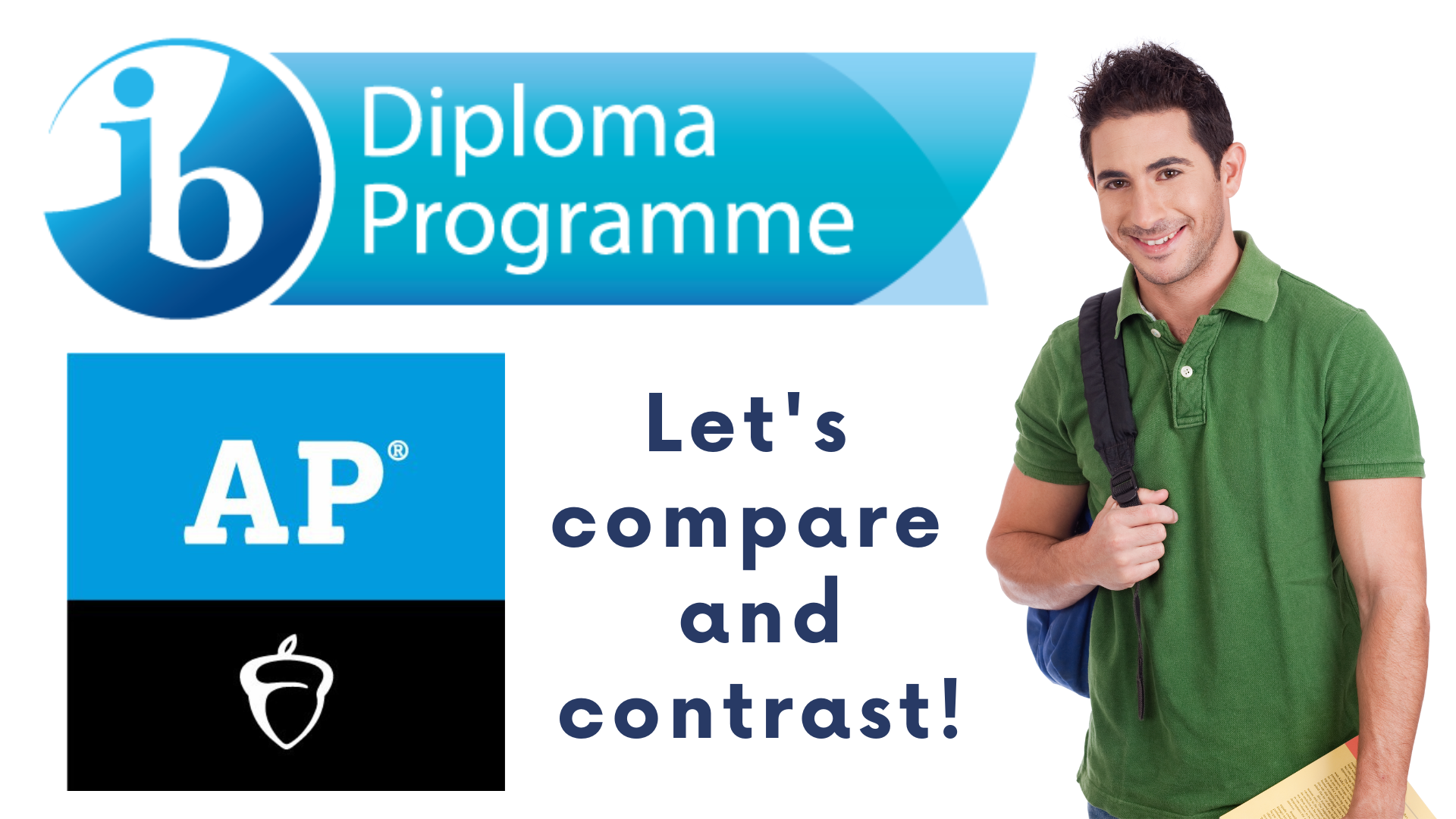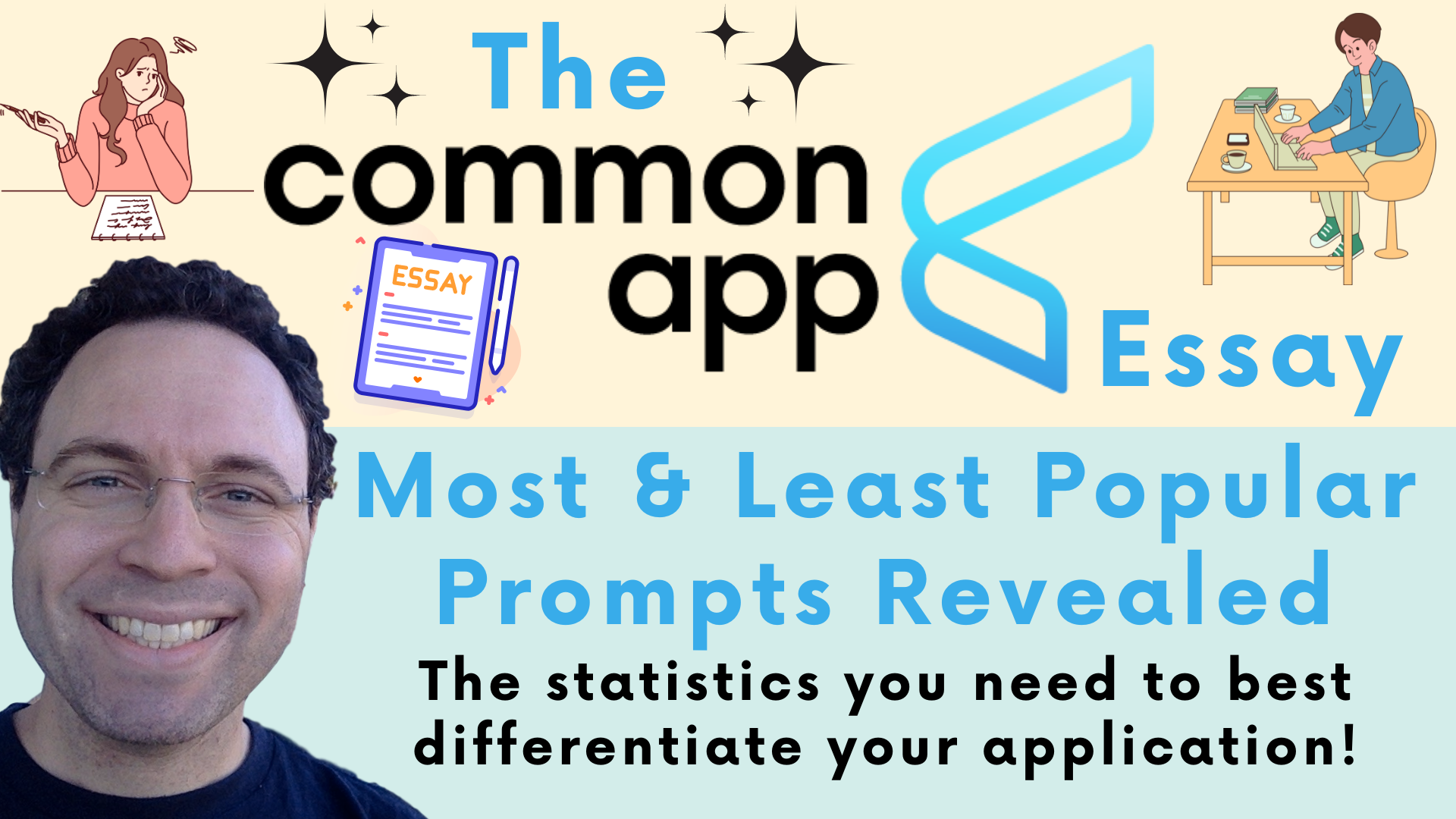
If you are taking AP Environmental Science because you see it as an easy A, don’t you think admissions officers at selective colleges and universities will see it that way too? While AP Environmental Science has gotten the reputation as a pretty easy class hardly worthy of an AP designation, it may occasionally be worth taking.





 Success in the college admissions process often comes down to one word: differentiation. Therefore, it makes a lot of sense to think long and hard about what Common App essay prompt you respond to in order to share the story you want to share in a manner that frames your experience in the most memorable and unique manner possible. In the video below you’ll learn which Common App essay prompts are most popular and least popular right down to the exact percentage of applicants responding to each prompt, which will help you determine the prompt you want to respond to when completing your Common Application essay.
Success in the college admissions process often comes down to one word: differentiation. Therefore, it makes a lot of sense to think long and hard about what Common App essay prompt you respond to in order to share the story you want to share in a manner that frames your experience in the most memorable and unique manner possible. In the video below you’ll learn which Common App essay prompts are most popular and least popular right down to the exact percentage of applicants responding to each prompt, which will help you determine the prompt you want to respond to when completing your Common Application essay. So many high school seniors are still in real contention for an Ivy League acceptance in the first few weeks of twelfth grade. Then, something happens that takes most of these smart and well-intentioned young people out of the running entirely.
So many high school seniors are still in real contention for an Ivy League acceptance in the first few weeks of twelfth grade. Then, something happens that takes most of these smart and well-intentioned young people out of the running entirely.
 One decision you make in eleventh grade, your third year in high school, will directly influence your chances of getting into an Ivy League or similarly selective college or university when you are a high school senior.
One decision you make in eleventh grade, your third year in high school, will directly influence your chances of getting into an Ivy League or similarly selective college or university when you are a high school senior.
 One decision you make in tenth grade, your second year in high school, will directly influence your chances of getting into an Ivy League or similarly selective college or university when you are a high school senior.
One decision you make in tenth grade, your second year in high school, will directly influence your chances of getting into an Ivy League or similarly selective college or university when you are a high school senior.